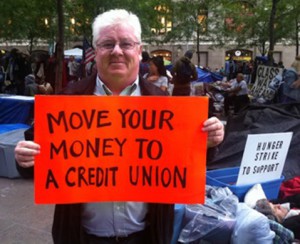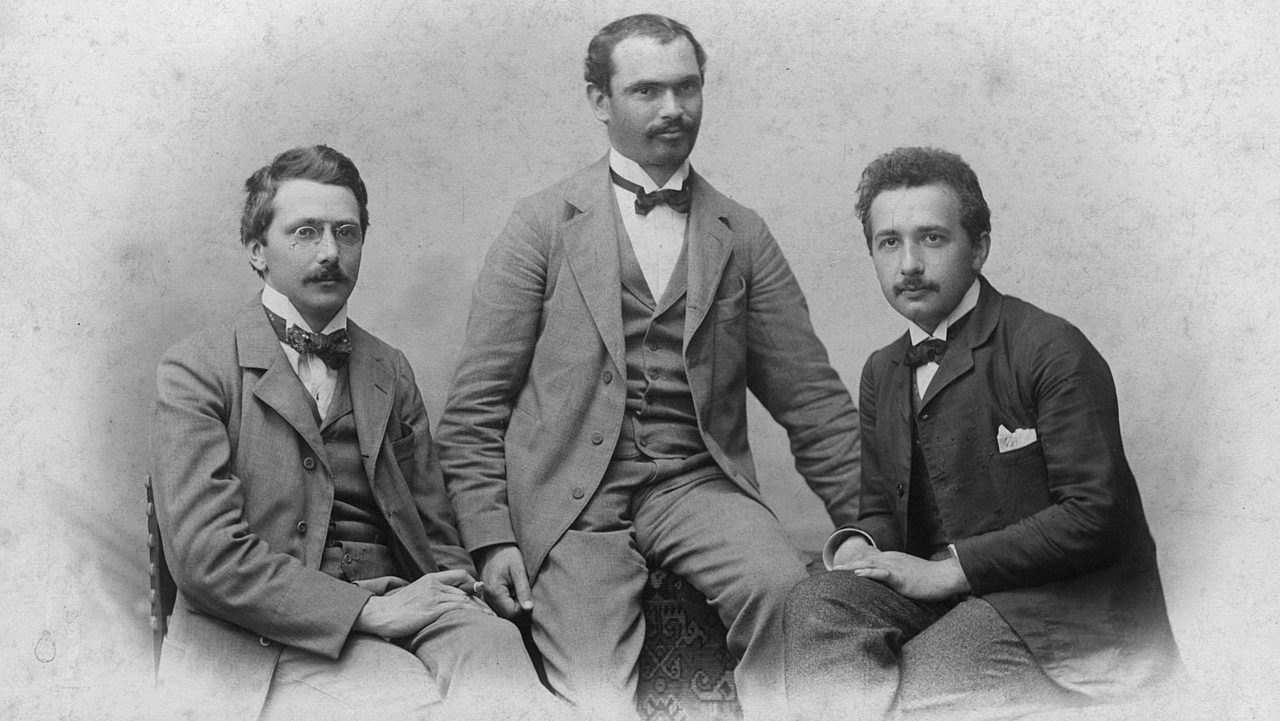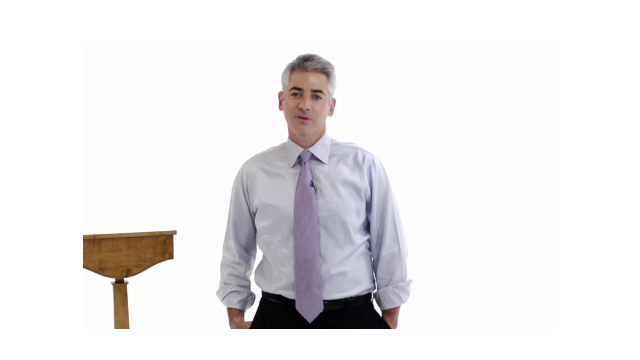Tea Party vs. OWS: The psychology and ideology of responsibility

One of the most robust findings in political psychology is that liberals tend to explain both poverty and wealth in terms of luck and the influence of social forces while conservatives tend to explain poverty and wealth in terms of effort and individual initiative. Here’s a useful summary of the sort of thing I have in mind:
Harmon (2010a) built on these works by testing their conclusions against six U.S. public opinion polls. Secondary analysis found consistent and strong relationships. Conservatives and Republicans overwhelmingly attributed poverty to the personal failings of the poor themselves (lazy, drunk, etc.) while Democrats and liberals consistently offered social explanations like poor schools and lousy jobs for poverty. Later he looked at the inverse question, the reasons respondents give for others obtaining wealth (2010b). Generally he found that Democrats and liberals attributed wealth to connections or being born into a wealthy family, while Republicans and conservatives declared wealth comes from hard work.
What about libertarians? According to Jonathan Haidt and his colleagues, their patterns of moral sentiment and judgment make libertarians look a lot like liberals who care a great deal about liberty and not very much for suffering. Like liberals, libertarians don’t put very much emphasis on what Haidt calls the “binding foundations” of the moral sense–obedience to authority, in-group loyalty, and a sensitivity to moralized purity and disgust–which play a large role in conservative moral sentiment and judgment. This makes libertarians look like a lot like especially freedom-loving liberals with slightly hard hearts.
But, having lived most of my adult life among them, experience tells me that when it comes to the explanation of poverty and wealth libertarians are close cousins to conservatives. It’s my view that this shared sense of robust agency and individual responsibility for success and failure is the psychological linchpin of “fusionism”–that this commonality in disposition has made the long-time alliance between conservatives and libertarians possible, despite the fact that libertarians are almost identical to liberals in their unconcern for the conservative binding foundations. That’s why controversial “social issues” like abortion and gay marriage are generally pushed to the side when libertarians and conservatives get together. As long as they stick to complaining about handouts for poor people sitting on their asses and praising rich people working hard to make civilization possible, libertarians and conservatives get along fine.
The critical response of Reason editor-in-chief Matt Welch to Salon’s “New Declaration of Independence” is nicely illustrative of the libertarian’s conservative-like attachment to individual responsibility. And this, I think, helps explain why self-described libertarians are more likely to identify with the Tea Party movement, which was launched by Rick Santelli’s indignant rant about subsidizing “losers'” mortgages, than with the Occupy Wall Street movement, which is founded on something like the assumption that individuals are caught in a web of socio-economic forces upon which only the collective action of organized class interests have any influence.
So, Salon’s staff has cobbled together a statement they’re calling “The New Declaration of Independence,” but which is, to no one’s surprise, a sort of progressive wish-list. I strongly agree with about half of it, and strongly disagree with about half. It says stuff like this, by way of arguing for broad debt relief:
It is not in the national interest to force the impoverished to become wage slaves to pay off insurmountable debts owned to payday lenders and hugely profitable bankers.
Which really hacks off Welch:
One of the best perks about being a grown-up is that you get to make your own choices, and to own the results, good and ill.
Which is why phrases like “wage slaves,” “inescapable debt,” and “force” “force” “force” leave me feeling like a brother from another planet. Adult human beings have agency, the ability (even responsibility!) to run their own cost/benefit analyses and choose accordingly. You could go to a state school (or community college) instead of an over-inflated prestige mill. You could pay for a 10-year-old car in cash, instead of a new one on installments. You could try to make it in Minneapolis before living the dream in Williamsburg. You could stare into the face of a no-money-down, adjustable rate 30-year mortgage at the tail end of a housing-price run-up and conclude “Maybe that one’s not for me.” You could even choose to turn down a bad if high-paying job when you’re living below the poverty line. If we indeed live in a “candid world,” let us state bluntly that offloading 100% of the blame for your own mountain of debt on a group of Greedy McBanksters who “forced” you to “play by the rules” is more than a little pathetic.
Welch’s kicker:
[I]f you have any intention of building up a political case for bailing out your bad decisions, you might start with taking even one percent responsibility for them.
I find all of this especially interesting because my own drift from right-leaning libertarian to libertarian-leaning liberal has a lot to do with issues around the conditions for robust agency and the role of broad socio-economic forces in establishing those conditions, or not. I’ve come to accept, for example, that diffuse cultural forces, such as racism or sexism or nationalism or intergenerational poverty, can deprive an individual of her rightful liberty without any single person doing anything to violate her basic rights. This takes me a long way toward standard liberalism. But I find that my gut nevertheless leans right on issues of personal responsibility.
I agree that many people are in dire straits and suffering for absolutely no fault of their own, and that policies ought to be in place to provide meaningful material assistance. Still, I find I want an ethos of effort and individual responsibility to prevail, and I continue to think people who chose their way into trouble need to be told exactly what Welch seems to be telling the OWS folk: we’re not going to feel too sorry for you if you made some bad decisions about taking out mortgages and/or student loans, even if everybody you knew was making them too.
In plenty of circumstances in which people are suffering due to no fault of their own, I think they need both material assistance and the conviction that they can improve their lives if they really try. And this is why I have a hard time seeing eye to eye with some progressives. Progressives are sincerely inclined to impersonal, socio-cultural explanations of success and failure, but I think they’re also generally of the opinion that an ethos of initiative, hard work, and individual responsibility will impede the political will to offer assistance to those who ought to get it. I’m not sure that they’re wrong. After all, those who tend to oppose progressive transfers tend to do so partly on the basis of their disbelief in the faultlessness of the needy. In any case, it seems to me progressives’ deep-seated opposition to victim-blaming and by-the-bootstraps perorations helps keep a lot of suffering people from getting the other, non-material part of what they really need: encouragement to meet the social expectation that they will continue supplying effort on their own behalf, even if that hasn’t worked out well so far.
There is some evidence that deterministic messages make people more willing to cheat. There’s some evidence that not believing in free will makes people more aggressive and less helpful. And this is very interesting:
The proposition that free will enhances the capacity to override impulses is consistent with the findings observed by Martjin, Tenbult, Merckebach, Dreezens, and de Vries, 2002). These authors showed that individuals can longer squeeze a handgrip successfully for several minutes after they need to inhibit or suppress their emotions. Importantly, however, this problem dissipated if participants were informed that discipline and effort is not limited in capacity. That is, if individuals felt they could access an unlimited supply of energy to undertake demanding tasks, they most likely experience a sense of control or free will. This free will enhanced their capacity to inhibit their inclinations even after devoting this effort to other tasks that demand such energy.
I don’t mean to say anything about the existence of free will, as a metaphysical matter. And I don’t mean to say that acknowledging the power of impersonal social forces over our fates amounts to a commitment to determinism, or skepticism about the importance of trying hard and taking responsibility for yourself. But I think there is some reason to believe that even if our efforts are in fact largely swamped by impersonal forces much larger than we are, it’s better not to believe it in our own case, or to try to make other people believe it.
Who does have robust agency, according to OWS-style progs? Well, the 1% does. Unlike most of us, they’ve got the means to make the world match their wills. More generally, organized groups can be effective agents of real change. (It takes a village.) And groups are easiest to organize along lines of common material interest. That’s why, for example, “right-to-work” laws look to progressives like unilateral disarmament of the working classes, next to which the right of an individual to opt out of collective bargaining seems trivial. What’s the value of having the right to individually negotiate your terms of employment when all that gets you is screwed over? A politics of nothing but individual rights in a world dominated by social forces is a recipe for domination by those sufficiently powerful or organized to shape those forces.
I think libertarians and conservatives ought to take this line of thinking more seriously, just as progressives ought to take seriously the possible anti-social, demoralizing effects of a culture too quick to absolve individuals of responsibility for their choices.





